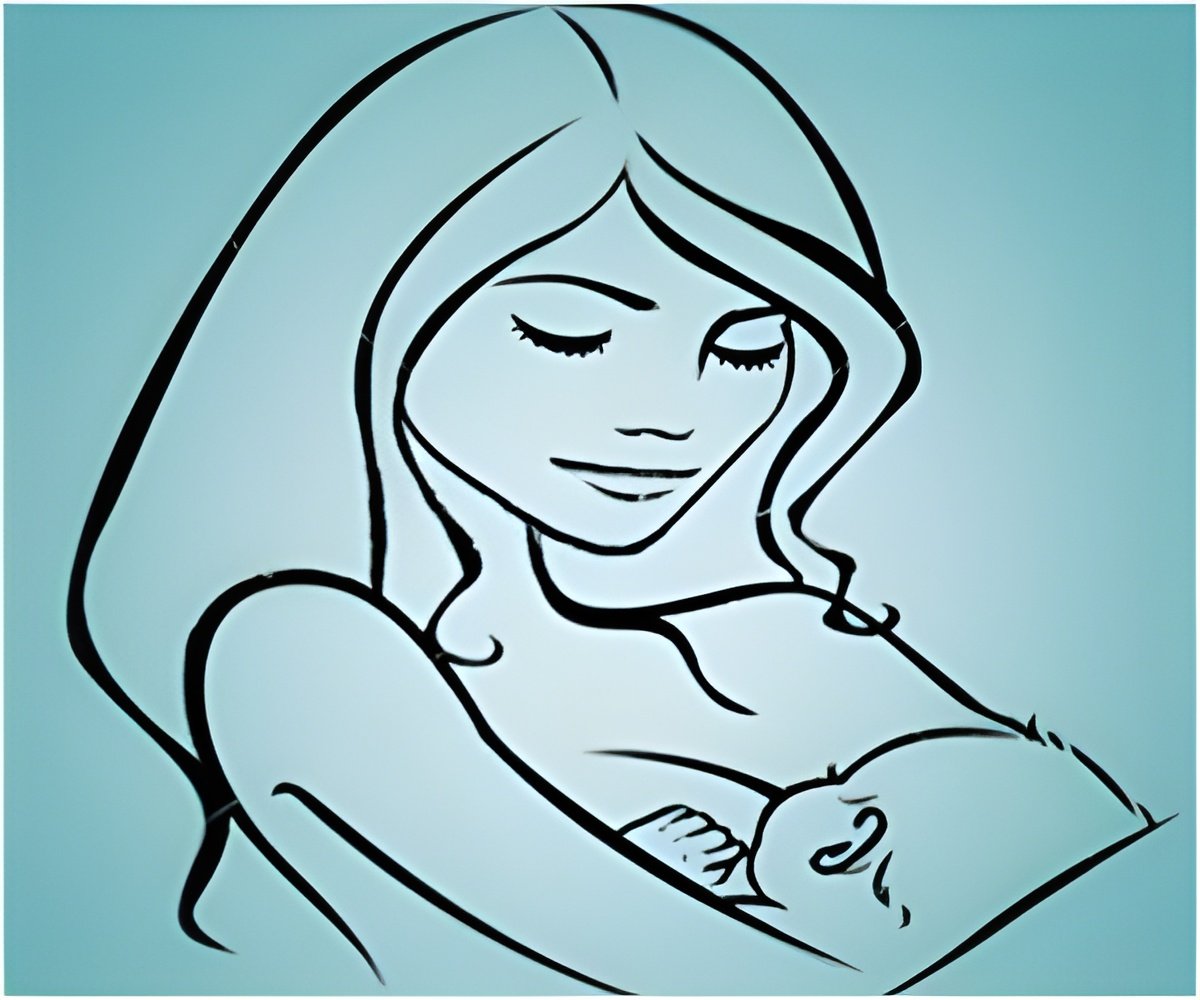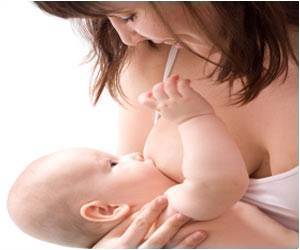Breastfeeding mothers may feel shame if they breastfeed in public due to exposure, while those who do not breastfeed may experience shame through 'failing' to give their infant the 'best start.'

"This study highlights the difficulties and tensions that breastfeeding and non-breastfeeding women can face in hospital and community settings. It emphasizes the need for person centered, individualized support to be available to women, irrespective of how they feed their infant, as well as focused efforts to address cultural and structural constraints associated with infant feeding," said Dr. Gill Thomson, lead author of the Maternal & Child Nutrition study.
Breast milk is the milk produced by a lactating female. Breastfeeding should commence as soon as possible after giving birth and every 1 to 3 hours per 24 hours (8-12 times per 24 hours). Babies should be breastfed exclusively for the first 6 months and continued with weaning until 12 months and further on, depending on the situation of the mother and child.
The first and the foremost 100% pointer that goes in the favor of breast milk is that it creates a special bonding experience between the mother and child, which is unparalleled, and it provides a special nutrition to the infant.
Source-Eurekalert








